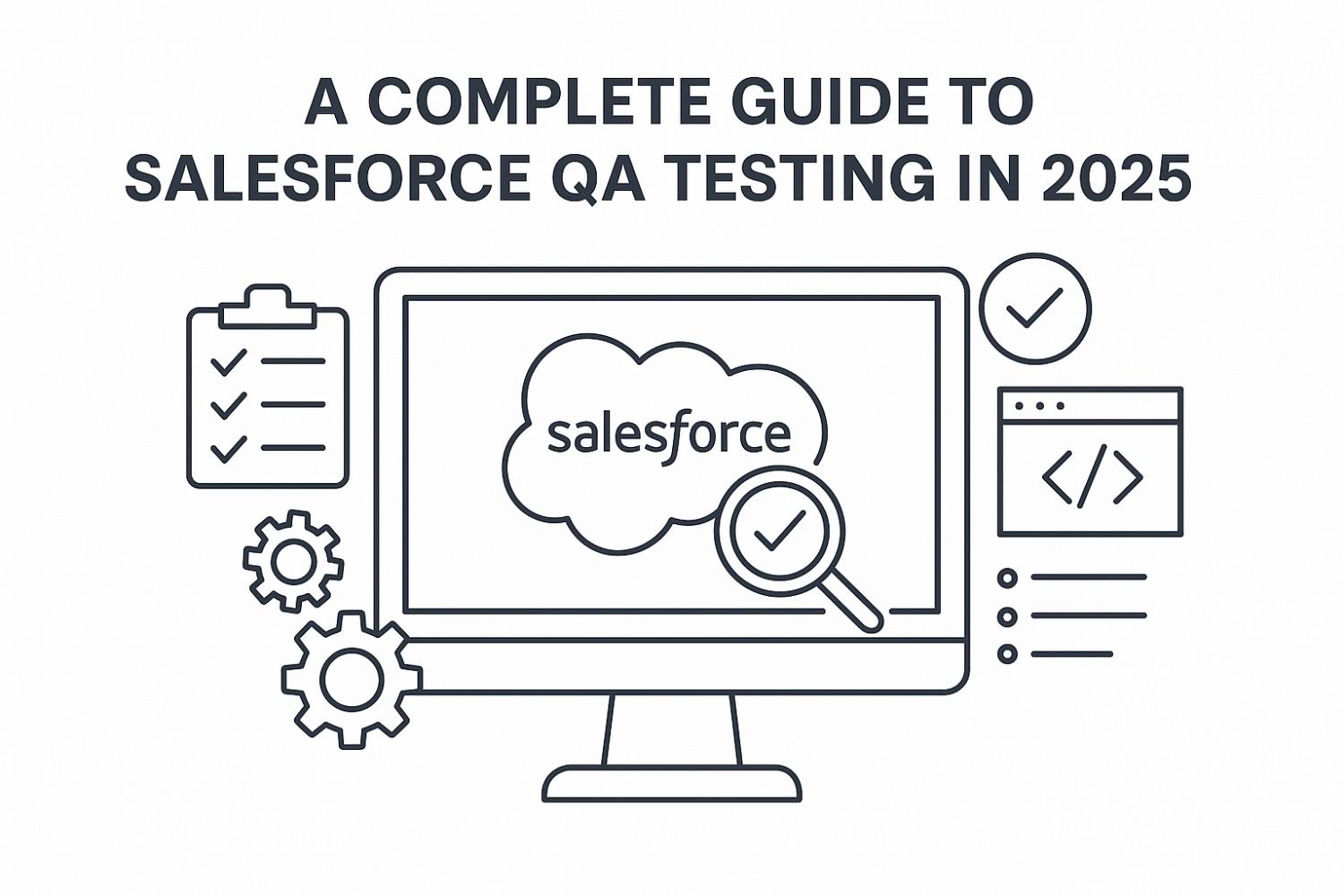Introduction
In today’s interconnected economy, companies are constantly seeking efficient structures to manage assets, optimize tax exposure, and ensure smooth global operations. One question that increasingly arises among international entrepreneurs is whether their global enterprise should set up a UAE holding company.
A holding company in the United Arab Emirates is more than just a tool for ownership. It can serve as a hub for consolidating assets, centralizing management, protecting intellectual property, and facilitating international expansion. This definitive guide examines the benefits, requirements, and practical considerations to help you determine whether this structure fits your global strategy.
What Exactly Is a Holding Company?
A holding company is a legal entity that owns shares in other companies, property, or intellectual property. Unlike an operating company, it does not involve itself directly in trading or production. Its role is primarily strategic, focused on control, asset protection, and oversight.
For example, if you own businesses in Europe, Asia, and Africa, a UAE holding company can act as the central parent, managing ownership stakes, receiving dividends, and distributing profits to shareholders more efficiently.
Why Businesses Consider the UAE for Holding Structures
Strategic Location and Global Access
Situated between Europe, Asia, and Africa, the UAE offers easy access to major markets. Its position makes it an ideal gateway for companies expanding into emerging economies while staying connected to established ones.
Tax Efficiency and Participation Exemption
A central attraction of a UAE holding company is the favorable corporate tax regime. With a 9 percent corporate tax on profits above AED 375,000 and participation exemption provisions, the UAE allows global businesses to reduce tax leakage on cross-border income. Dividends and capital gains from qualifying subsidiaries are often exempt from additional taxation, which is particularly useful for multinational enterprises.
Flexible Legal Structures
Investors can choose from three main structures:
- Mainland companies for wider domestic and international activities.
- Free zone companies offering 100 percent foreign ownership and incentives.
- Offshore companies are primarily for asset holding and global structuring, with minimal physical presence requirements.
Each structure provides different levels of control, flexibility, and reporting obligations, making it possible to customize based on business goals.
Compliance Rules and Key Requirements
To enjoy the benefits of a UAE holding company, compliance is essential. Authorities have established clear rules designed to prevent misuse and ensure alignment with international standards.
- Minimum ownership threshold: The holding company must own at least 5 percent of a subsidiary’s shares or an investment of AED 4 million or more.
- Holding period: Shares must be held for at least 12 months, or the intent to hold must be documented.
- Tax requirements of subsidiary: Subsidiaries should generally be subject to at least a 9 percent corporate tax or an equivalent rate in their jurisdictions.
- Asset composition: Subsidiaries must maintain a balance of qualifying assets, with non-qualifying assets not exceeding 50 percent.
- Profit rights: The holding company must have rights to at least 5 percent of profits or liquidation proceeds.
- Economic Substance Regulations (ESR): Companies must meet substance requirements, ensuring activities are managed and directed from the UAE.
By following these rules, businesses not only remain compliant but also preserve the legitimacy of their global tax planning.
Advantages of a UAE Holding Company for Global Businesses
1. Tax Optimization
Through participation exemption and reduced exposure to double taxation, profits can flow more freely across borders. This makes the UAE holding company a strong choice for global tax planning.
2. Asset Protection
Key assets such as intellectual property, trademarks, and real estate can be owned at the holding company level, safeguarding them from operational risks faced by subsidiaries.
3. Centralized Management and Control
Instead of dealing with multiple boards and fragmented oversight, management can be streamlined under the holding structure. This improves efficiency in decision-making and reporting.
4. Access to International Markets
The UAE is known for its robust financial system, modern infrastructure, and pro-business policies. Businesses with a UAE base often find it easier to attract investors and establish credibility in global markets.
5. Simplified Ownership and Succession
Whether planning for future expansion, mergers, or succession, a UAE holding company provides a clear and transparent structure that investors, regulators, and heirs can understand.
Challenges to Consider
While advantages are numerous, businesses must also consider potential obstacles:
- Banking scrutiny: Opening accounts can take time due to strict due diligence.
- Regulatory compliance: Meeting ESR and other reporting obligations requires careful planning.
- Operational costs: Licensing, legal advice, and annual compliance may add expenses.
- Jurisdictional conflicts: Global tax treaties and differing international regulations can complicate structures.
Addressing these early with professional guidance prevents future risks and ensures smoother operations.
Steps to Establishing a UAE Holding Company
- Select the appropriate jurisdiction based on whether you need mainland, free zone, or offshore status.
- Prepare incorporation documents, including articles of association and shareholder agreements.
- Determine ownership and structure by clarifying shareholders, beneficial owners, and profit distribution.
- Set up a local presence if required by ESR, which may include directors, staff, or office space.
- Open corporate bank accounts with thorough KYC compliance.
- Register for corporate tax and other regulatory requirements, ensuring compliance with UAE laws.
- Maintain annual reporting and auditing as part of long-term compliance.
These steps lay the foundation for a stable and recognized holding company that can support your global growth strategy.
Is a UAE Holding Company Right for Your Business?
A UAE holding company is particularly effective for multinational groups that:
- Have multiple subsidiaries across different regions.
- Need to consolidate profits efficiently.
- Require a strong legal framework for asset protection.
- Want easier access to investors and international banking.
If your company’s structure is simple and limited to one or two markets, the benefits may not outweigh the costs. However, for businesses managing diverse portfolios or intellectual property, the UAE offers a compelling proposition.
Conclusion
Deciding whether your business should set up a UAE holding company depends on your global operations, compliance capabilities, and long-term goals. The structure provides significant advantages in tax efficiency, asset protection, and strategic management, but it also comes with responsibilities and regulatory demands.
For international businesses seeking growth, stability, and a respected global base, the UAE remains one of the most attractive jurisdictions for holding structures. With proper planning and compliance, a UAE holding company can be a cornerstone of global success.
For expert guidance tailored to your needs, Dubai Business and Tax Advisors is here to help you navigate every step of the process.







